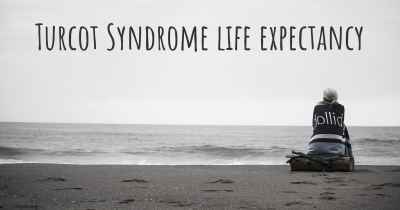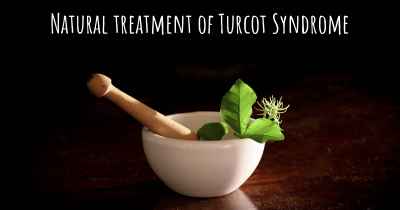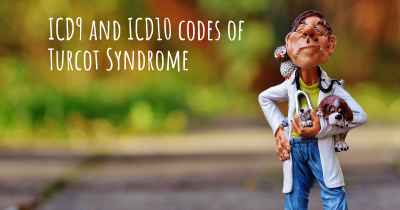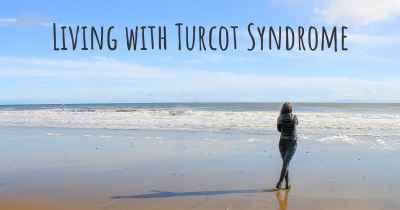Is it advisable to do exercise when affected by Turcot Syndrome? Which activities would you suggest and how intense should they be?
See if it is advisable for people with Turcot Syndrome to practice sports and which ones are the most recommended if you have Turcot Syndrome

Turcot Syndrome is a rare genetic disorder that affects the central nervous system and increases the risk of developing certain types of cancer, particularly brain tumors and colorectal cancer. Given the complexity and severity of this condition, it is crucial to approach exercise with caution and seek guidance from healthcare professionals.
While exercise can have numerous benefits for overall health and well-being, it is essential to consider the individual's specific condition and limitations. In the case of Turcot Syndrome, the primary focus should be on maintaining a healthy lifestyle rather than intense physical activity.
Low-impact exercises that are gentle on the body can be beneficial for individuals affected by Turcot Syndrome. These activities help improve cardiovascular health, muscle strength, and flexibility without putting excessive strain on the body. Some suitable exercises include:
- Walking: Walking is a low-impact exercise that can be easily incorporated into daily routines. Start with shorter distances and gradually increase the duration and intensity as tolerated.
- Swimming: Swimming is a great option as it provides a full-body workout while minimizing stress on the joints. It can help improve cardiovascular fitness and muscle tone.
- Cycling: Cycling, whether outdoors or on a stationary bike, is a low-impact exercise that can be adjusted to individual fitness levels. It helps strengthen leg muscles and improve cardiovascular endurance.
- Yoga: Yoga focuses on gentle stretching, breathing techniques, and relaxation. It can help improve flexibility, balance, and overall well-being.
It is important to note that the intensity and duration of exercise should be tailored to the individual's capabilities and health status. Consulting with a healthcare professional, such as a doctor or physical therapist, is crucial to develop a personalized exercise plan.
Exercise precautions should be taken into account when dealing with Turcot Syndrome. These may include:
- Avoiding high-impact activities that may increase the risk of injury or strain on the body.
- Being mindful of any symptoms or changes in health during and after exercise, and adjusting the intensity accordingly.
- Ensuring proper warm-up and cool-down routines to minimize the risk of muscle strains or injuries.
- Listening to the body and taking rest days when needed to prevent overexertion.
In conclusion, exercise can be beneficial for individuals affected by Turcot Syndrome, but it is crucial to approach it with caution and seek professional guidance. Low-impact exercises such as walking, swimming, cycling, and yoga can help improve overall fitness and well-being. However, it is important to tailor the exercise plan to the individual's capabilities and consult with healthcare professionals to ensure safety and effectiveness.








